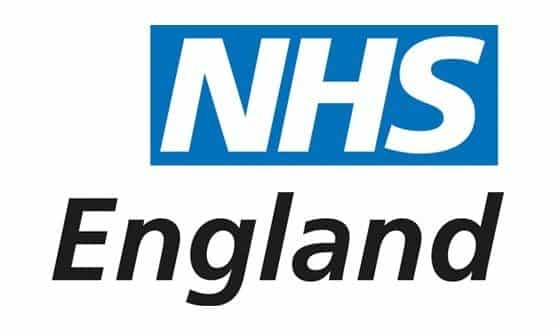Frantic last-minute lobbying on £100m ‘digital exemplars’
- 6 September 2016

Frantic behind the scenes lobbying is underway to persuade NHS England to pick a wider range of digital exemplar sites.
Digital Health News understands that at the end of last week the commissioning board was poised to recommend awarding the majority of the £100 million ‘centres of digital excellence’ funds to trusts running Cerner systems.
The £100 million represents the first slice of £1.3 billion of ‘new’ money for local paperless initiatives, part of health secretary Jeremy Hunt’s promised £4.2 billion of investment in NHS IT over the next five years.
Sources say that at the end of last week an NHS England review panel was set to recommend to Hunt that trusts using Cerner should receive six of nine awards that are expected. Hunt is due to make the announcement on Wednesday at the NHS Innovation Expo.
Sources further suggested the remaining three awards would go to Cambridge with Epic; Salford with Allscripts; and Taunton and Somerset with IMS Maxims.
This would have meant that no hospital trusts working with CSC, InterSystems, Meditech, System C, and other leading system suppliers, together representing more than 75% of the English NHS hospital trust market (Digital Health Intelligence market figures), were included.
However, as Digital Health went to press there were indications that behind the scenes lobbying by NHS IT leaders and suppliers may result in a broader range of ‘centres of digital excellence’ being selected to go forward to the next stage of due diligence.
One senior source asked: “How can you have a credible ‘centres of excellence’ programme that doesn’t include many of widely recognised NHS digital leaders, such as Southampton, Liverpool, Bristol, Birmingham, Nottingham and Sunderland?”
They added: “Centrally picking one supplier, with a handful of others thrown in for window dressing, is repeating the worst mistakes of the National Programme for IT.”
The review team is understood to be led by Professor Keith McNeil, NHS England’s first chief clinical information officer, and the former chief executive of Cambridge, who reports to Matthew Swindells, NHS England’s new director of commissioning, operations and information.
Swindells took up the new role in May, following five years working in the US as a senior executive at Cerner.
A diverse long-list of 26 candidate sites was announced at the start of August, with ten to 16 trusts expected to receive up to £10 million each to become ‘world leaders’ in informatics and invest in digital infrastructure and specialist training. Seven, around a third of the long-list, were trusts running Cerner.
The 26 trusts invited to apply for the fund were said to have been selected using NHS England’s digital maturity self-assessment tool and represented a cross-section of NHS digital innovators, using a wide variety of systems.
The concept of digital exemplars and reference sites, from which other parts of the NHS could learn, met with widespread support from NHS leaders.
Suppliers, meanwhile, were briefed by NHS England that by working with trusts and moving on pricing they would get investment to complete deployments at key NHS reference sites, which could then be rolled out to other trusts in the future. Again, the approach was widely welcomed.
Trusts had just weeks to get detailed submissions together for 24 August. These were then whittled down at breakneck speed to a shortlist reviewed last week, and sent to Hunt.
The inclusion of Salford would not be surprising, given the leading role that its chief executive, Sir David Dalton, has played in the NHS safety and vanguard movements, and his support for the idea of ‘franchising’ IT deployments to successful trusts. The trust scored at the top of NHS England’s digital maturity assessment.
Taunton and Somerset has emerged as the leading site for the deployment of open source software, which has been backed by NHS England. But Cambridge has made the shortlist despite being in special measures, partly resulting from its fraught implementation of Epic, which cost Professor McNeil his job.
Cerner, meanwhile, was one of the main beneficiaries of NPfIT, as the hospital system purchased for trusts in London and the South of England, and so has been the recipient of many hundreds of millions of national NHS investment over the past fifteen years.
The NHS England review panel is understood to have included a very strong US influence, including Dr Robert Wachter, whose report on NHS IT, commissioned by Hunt, is due for publication this week.
Dr Wachter is thought to be a strong admirer of Cambridge, which was one of the handful of NHS trusts he visited while writing his report, and which runs the same Epic software as his own University California San Francisco Hospital.
However, Digital Health Intelligence’s Clinical Digital Maturity Index data shows that the most advanced hospital trusts use a variety of EPR approaches and systems; including in-house developments and the deployment of clinical suites alongside older PAS systems.




